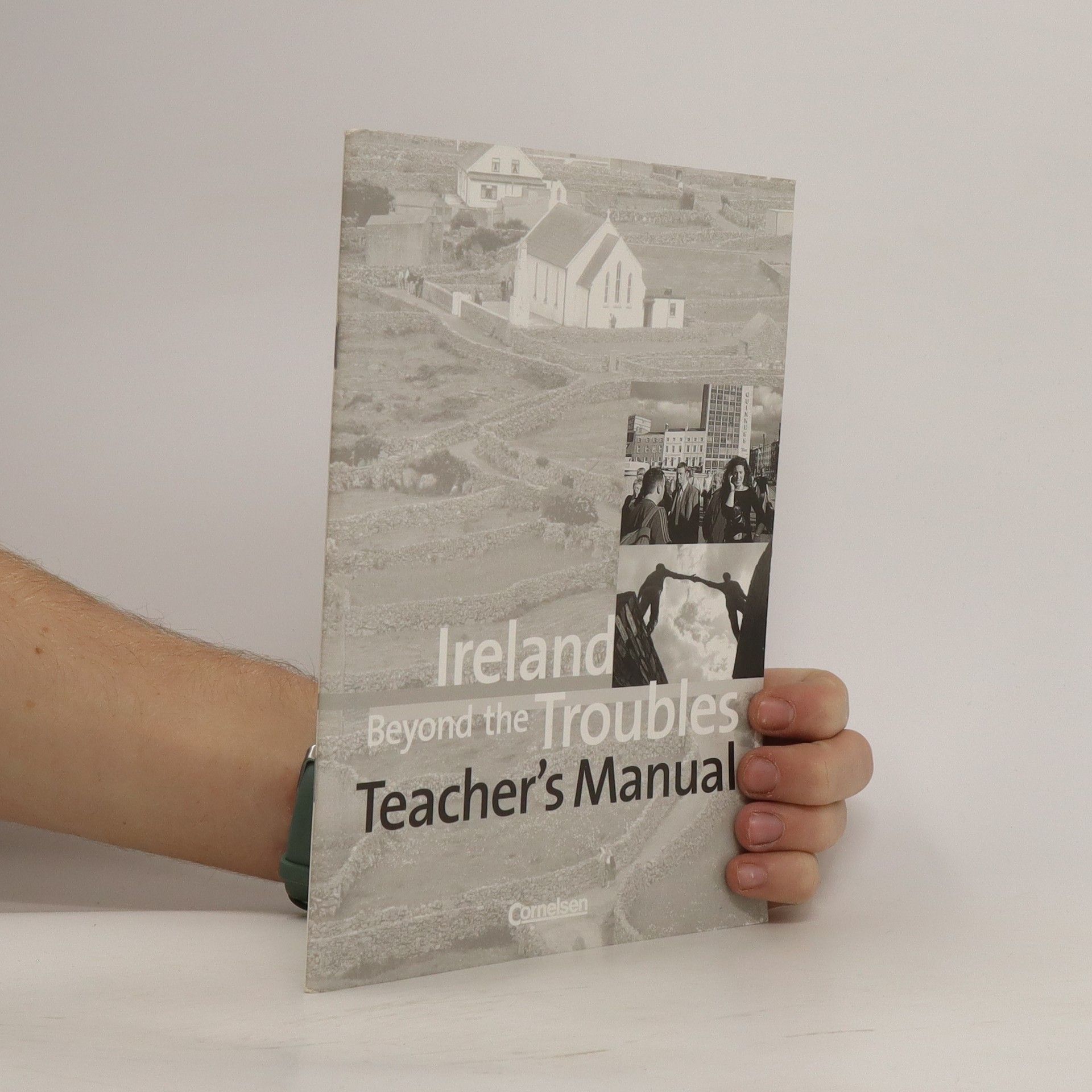Gisela Holfter Boeken


Wandern und Plaudern mit Fontane
Literarische Begegnungen mit der Mark Brandenburg heute
Der 200. Geburtstag Fontanes ist Anlass, sich mit einem seiner vielfältigsten Werke zu beschäftigen, den Wanderungen durch die Mark Brandenburg. Dreizehn Autorinnen und Autoren haben sich von seinen Plaudereien anregen lassen, einige der von ihm geschilderten Orte und Landschaften in neuen literarischen Texten zu erfassen. Es geht im fontaneschen Sinne darum, „ohne jegliche Prätension von Forschung, Gelehrsamkeit, historischem Apparat … die Schönheiten der Mark Brandenburg aufzuspüren“. Die Reflexion der Fontane-Texte steht dabei im Vordergrund – als Entgegnung oder Fortführung seiner Gedanken, als Einspruch oder spielerische Variation, doch immer mit dem Ziel, neue Begegnungen mit der Mark einzufangen und ihnen literarische Gestalt zu geben, um auf diese Weise neue Bilder zu schaffen. Denn, wie Fontane wusste, „nicht Namen, Zahlen, Überschriften, sondern immer Bilder und Geschichten“ sind es, die zum Wesen einer Region vordringen. Gabrielle Alioth, Tanja Dückers, Annett Gröschner, Sonka Hecker, Kerstin Hensel, Ursula Krechel, Sabine Peters, Utz Rachowski, Kathrin Schmidt, Torsten Schulz, Saša Stanišić, Florian Werner und Michael Wildenhain sind für diesen Band auf den Spuren Fontanes gewandert und zeigen, wie inspirierend seine Schilderungen noch heute sind. Ihre neuen, bisher unveröffentlichten Texte machen den Lesern Lust auf eigene Neuentdeckungen, Wiederbegegnungen und Auseinandersetzungen mit der Schönheit der Mark.